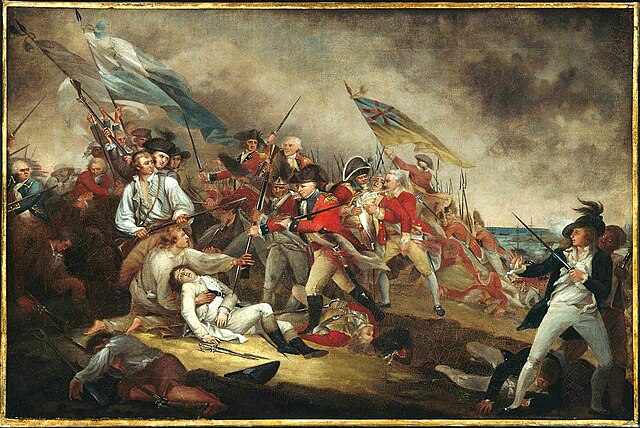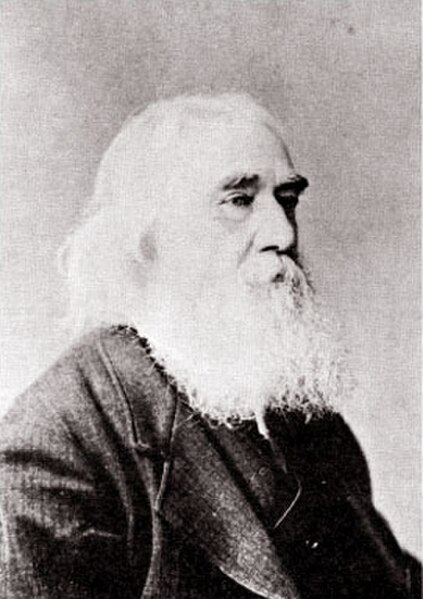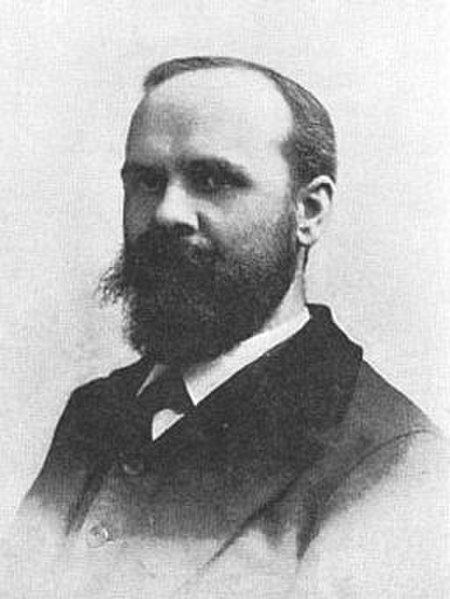Self-ownership is the concept of property in one's own body, often expressed as the moral or natural right of a person to have bodily integrity meaning the exclusive right to control one's own body including one's life, where 'control' means exerting any physical interference and 'exclusive' means having the right to install and enforce a ban on other people doing this. Since the legal norm of property title claim incapacitates other people from claiming property title over the same resource at the same time, the right to control or interfere with one's own body in any arbitrary way is secured. Anarcho-capitalism defines self-ownership as the exclusive right to control one's body as long as the owner does not aggress upon others, leading to the concept of the sovereign individual. In Minarchism the 'exclusive right' is understood by separating the 'liberty-to' from the 'liberty-from' where for each person the 'liberty-to' is restricted by all the 'liberty's-from' of others, effectively subjecting the 'liberty-to' to the ban on the usage of force. Thereafter self-ownership means the exclusive right to control one's body insofar considering action between inhabitants and not involving the state, making it roughly a pacifist morality only among inhabitants. Self-ownership is a central idea in several political philosophies that emphasize individualism, such as libertarianism and liberalism.

Johannes Voet originator of the Voetstoots acquisition norm which is an element of libertarian property acquisition theory.
Conseil d'État, the highest court in France for all conflicts involving itself.
Anarcho-capitalism is an anti-statist, libertarian political philosophy and economic theory that seeks to abolish centralized states in favor of stateless societies with systems of private property enforced by private agencies, based on concepts such as the non-aggression principle, free markets and self-ownership. Anarcho-capitalist philosophy extends the concept of ownership to include control of private property as part of the self. In the absence of statute, anarcho-capitalists hold that society tends to contractually self-regulate and civilize through participation in the free market, which they describe as a voluntary society involving the voluntary exchange of goods and services. In a theoretical anarcho-capitalist society, the system of private property would still exist, as it would be enforced by private defense agencies and/or insurance companies selected by property owners, whose ownership rights or claims would be enforced by private defence agencies and/or insurance companies. These agencies or companies would operate competitively in a market and fulfill the roles of courts and the police, similar to a state apparatus.

Murray Rothbard (1926–1995), who is credited with coining the words anarcho-capitalist and anarcho-capitalism.
The death of General Joseph Warren at the Battle of Bunker Hill during the American Revolutionary War, a war which anarcho-capitalists such as Murray Rothbard admired and believed it was the only American war that could be justified
Lysander Spooner, an American individualist anarchist and mutualist, who is claimed to have influenced anarcho-capitalism
Benjamin Tucker, another individualist anarchist, who identified as a socialist and his individualist anarchism as anarchistic socialism versus state socialism, said to have influenced anarcho-capitalism






